At this point, climate change isn’t an opinion—it’s scientific fact.
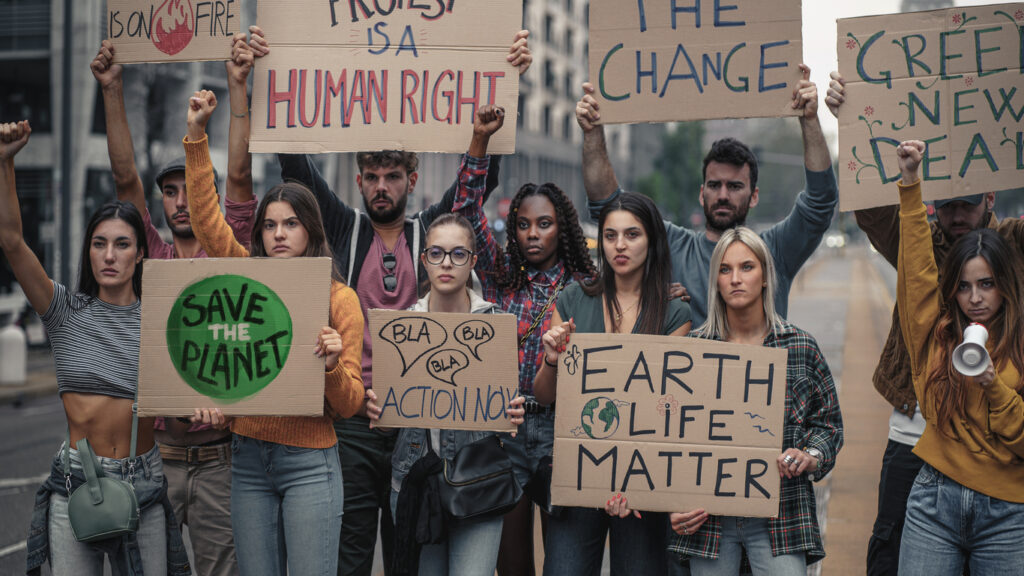
However, despite the concrete proof staring us in the face, many people still insist that it’s all just “cyclical” and that the Earth’s inevitably destruction is some made-up liberal propaganda designed to… I don’t know, make us all waste less and treat the land and wildlife around us with more kindness and consideration? It’s hard to fathom that anyone could write off global warming as fake news, but here we are. When you run into someone like this, here are some things you can say to them. You’re unlikely to change their mind, but you can at least hold your ground.
“More than 97% of climate scientists agree it’s real — and caused by us.”
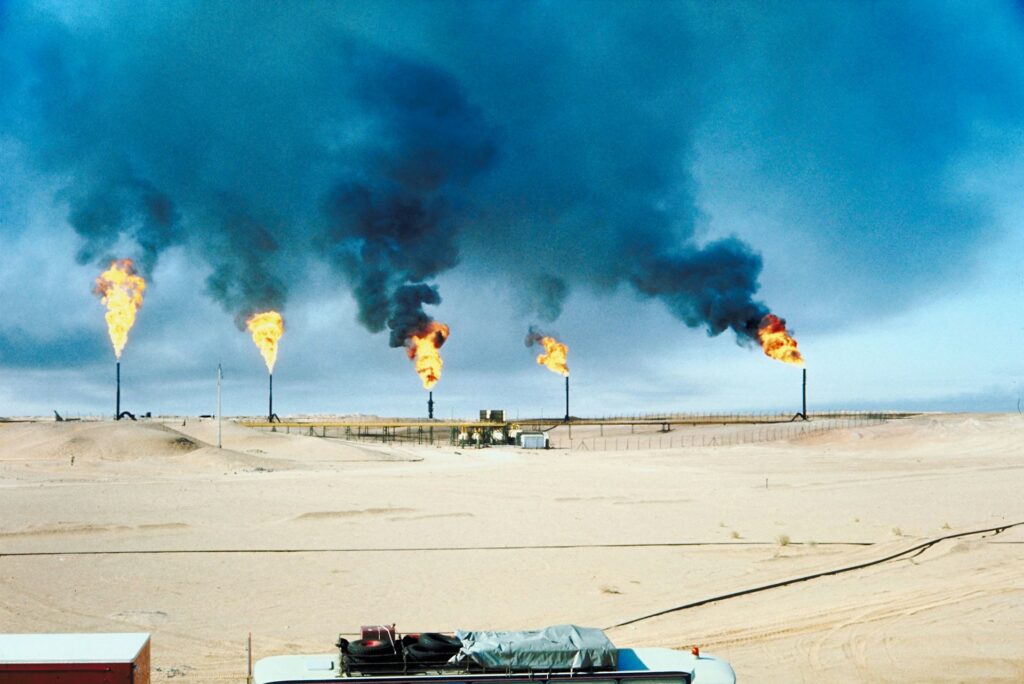
This isn’t guesswork. It’s a consensus backed by data. Multiple peer-reviewed studies have confirmed that the vast majority of climate scientists agree that human activity, mainly burning fossil fuels, is driving global warming. The 97% figure has held up across different reviews of published literature, including this key 2013 study. It’s not a fringe theory. It’s what experts from every country, working independently, are seeing in the numbers.
“You can believe what you like, but the data doesn’t care.”
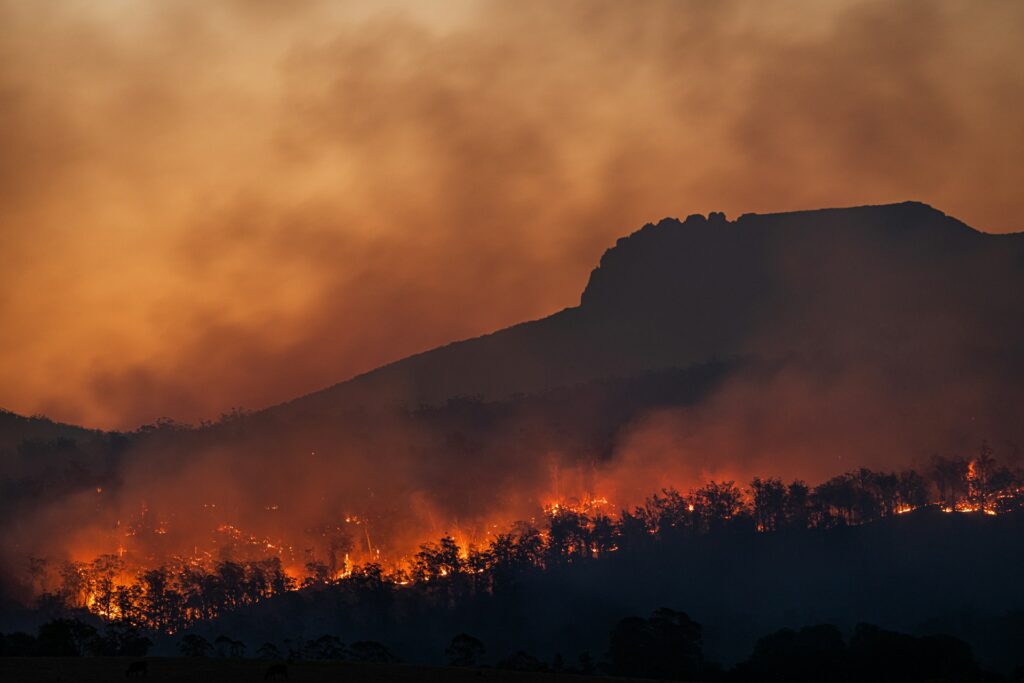
Belief is personal. But climate science is based on measurable changes: rising global temperatures, melting glaciers, shifting weather patterns, and sea level rise. These aren’t opinions. They’re observable trends, confirmed by NASA, the Met Office, and climate bodies across the globe. It’s fine to question things—science encourages that. However, ignoring data because it’s uncomfortable? That’s not debate. That’s denial.
“The military takes climate change very seriously.”
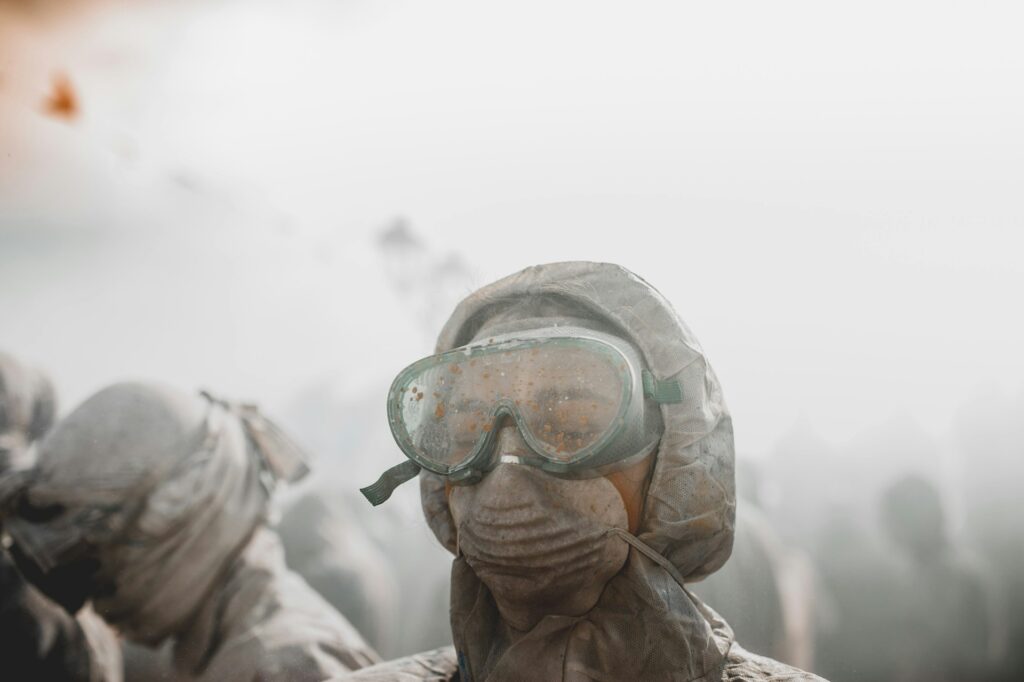
This surprises a lot of people. The UK Ministry of Defence and the US Department of Defense have both classified climate change as a major national security risk. Rising seas, food shortages, and extreme weather all create instability, and instability drives conflict. If climate change were a hoax, world militaries wouldn’t be building entire risk models around it. They’re preparing because the threat is real.
“Insurance companies are already adjusting for it, and charging more.”
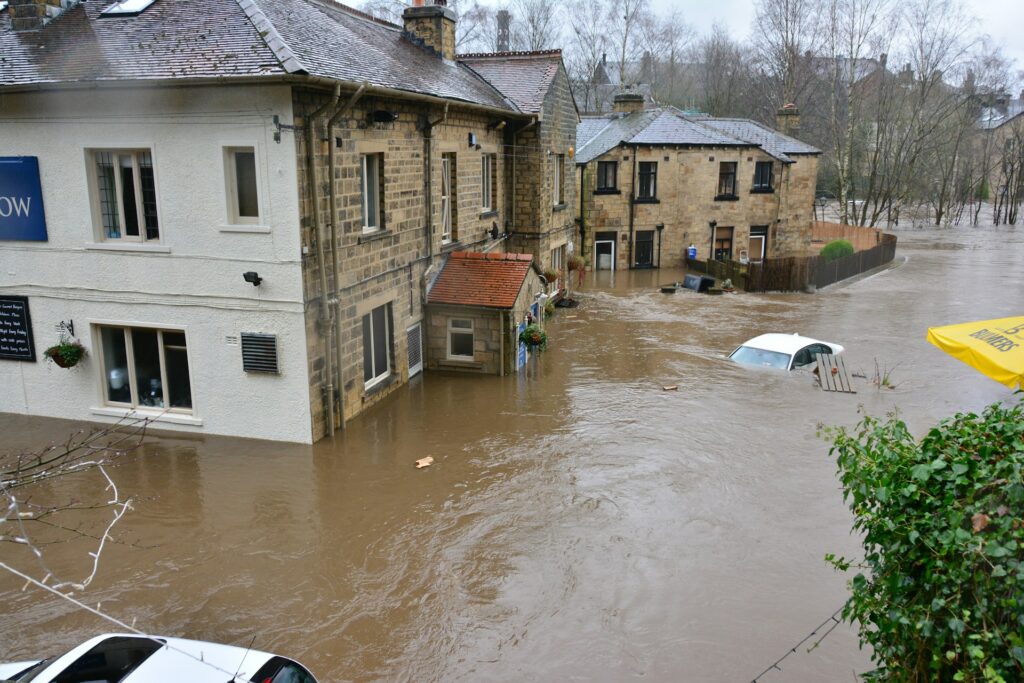
Insurance firms base their models on risk, not opinions. And they’re already adapting to climate change, whether it’s higher premiums for homes in flood zones or coverage limitations due to wildfire risk. If the people whose job is to calculate risk are pricing it in, that’s a strong sign it’s not imaginary. When markets start changing based on climate forecasts, it tells you something: the financial world sees it coming, and it’s acting accordingly.
“It’s not just about polar bears. It’s about your health.”
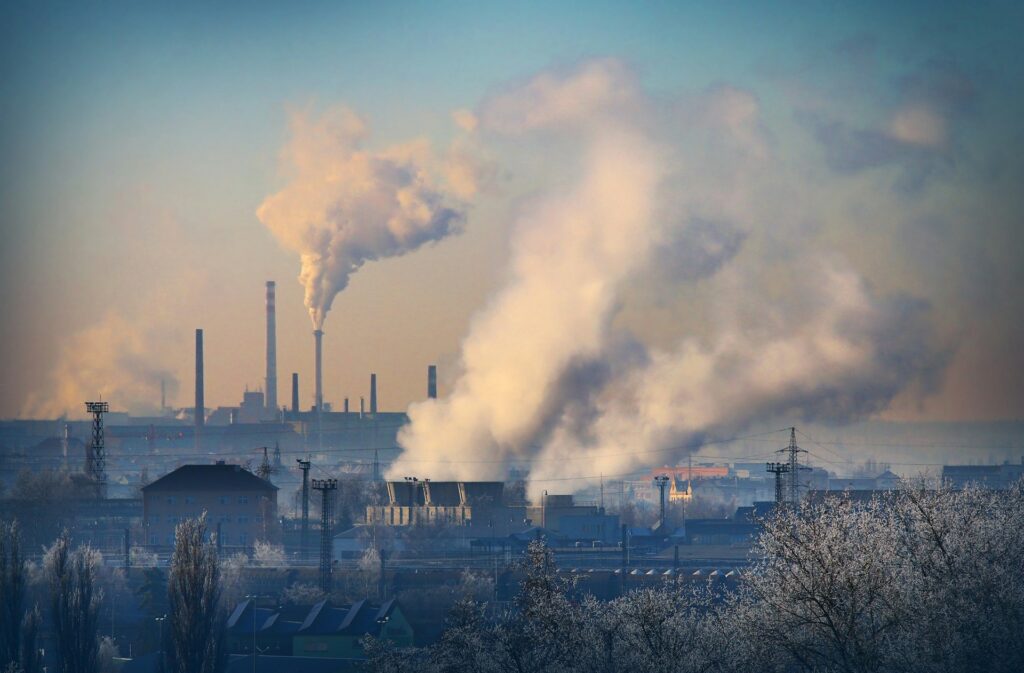
One of the clearest links is between rising temperatures and health. Heatwaves lead to more deaths, especially among older adults. Air pollution, much of it tied to fossil fuels, worsens asthma, heart disease, and other conditions. Plus, diseases like malaria and dengue are spreading to new areas as the climate warms. Climate change isn’t just about the Arctic. It’s about your lungs, your water, and your immune system.
“Weather and climate are not the same thing.”
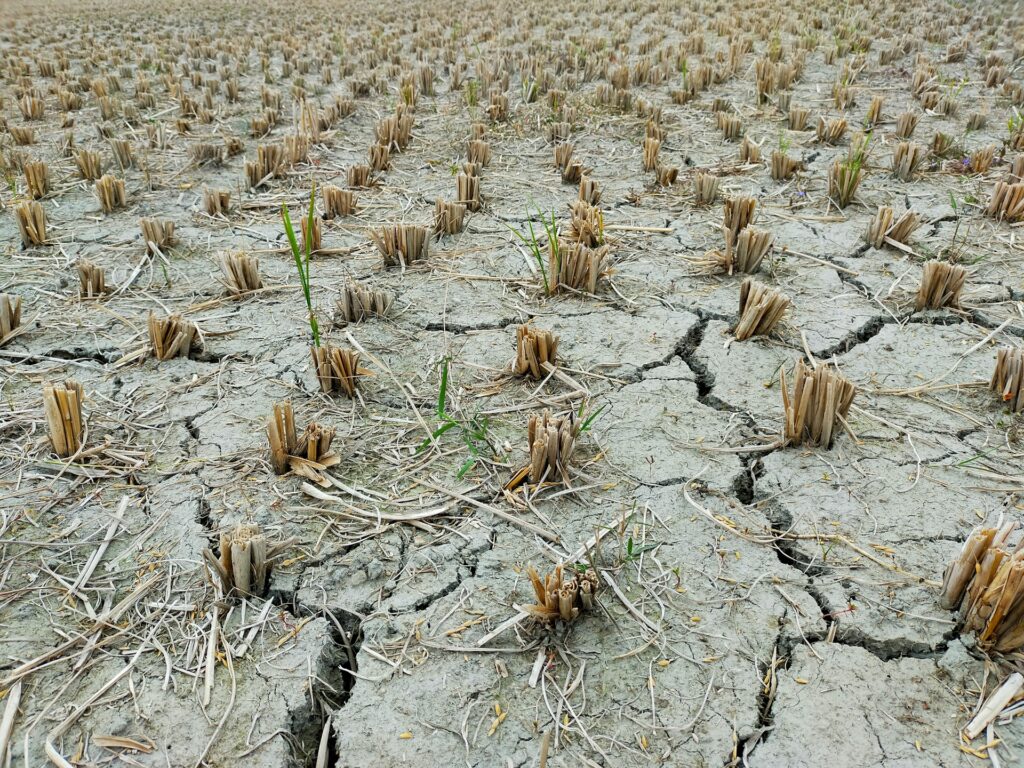
A snowy day in April doesn’t mean climate change isn’t real. Weather is short-term; climate is long-term. The UK having a colder-than-average week doesn’t undo decades of rising temperatures, any more than one warm day proves global warming. Climate looks at patterns across years and continents, not what’s happening out your window on a Tuesday.
“The carbon levels in our atmosphere are the highest they’ve been in 800,000 years.”
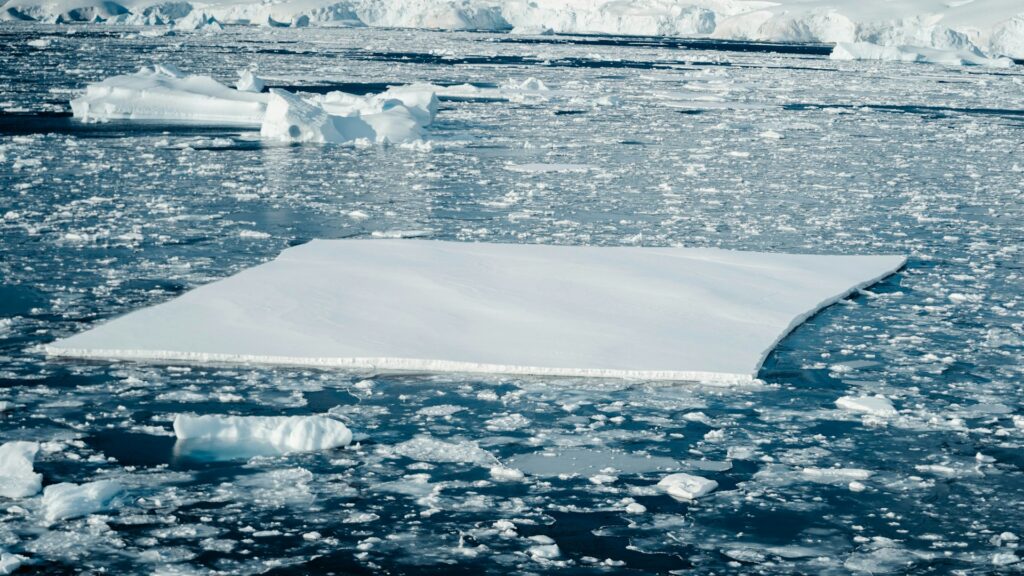
We know this from ice core data taken from Antarctica, where ancient air bubbles are trapped in layers of ice. Scientists can measure past carbon dioxide levels with astonishing accuracy, and today’s levels have spiked far beyond anything natural cycles would explain. This isn’t part of a regular Earth cycle. It’s something new, and it’s happening fast.
“If it was natural, the planet would be cooling right now.”

According to orbital patterns, we should actually be in a cooling phase. The Earth naturally goes through warm and cold periods, but right now, we’re getting hotter—fast. The only variable that’s changed dramatically in the past 150 years is human emissions. Volcanoes, solar cycles, and ocean currents all affect climate, but none can explain the speed or scale of current warming.
“We’re already seeing the consequences here in the UK.”
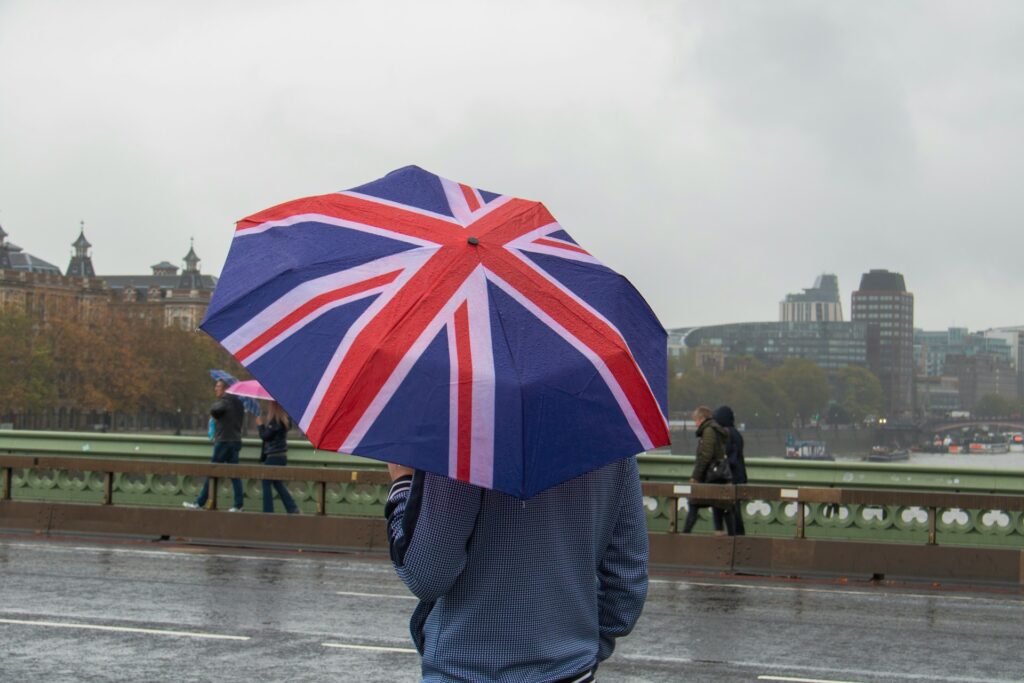
Climate change isn’t just hitting faraway islands. It’s affecting the UK now. Summers are hotter. Winters are wetter. Flooding has become more intense. In 2022, the UK recorded its hottest ever temperature—over 40 °C—and more heatwaves are expected. Crops are struggling, infrastructure is under pressure, and the NHS is already having to respond to climate-related health risks.
“You don’t need to be a ‘climate person’ to care.”

You can care about climate change because you’re worried about food prices. Or your children’s health. Or national security. You don’t need to hug trees or own a reusable coffee cup. This isn’t about lifestyle. It’s about survival. Caring doesn’t require perfection. It just requires awareness and a willingness to look at the facts.
“Even if you don’t believe it, wouldn’t cleaner air and energy still be better?”
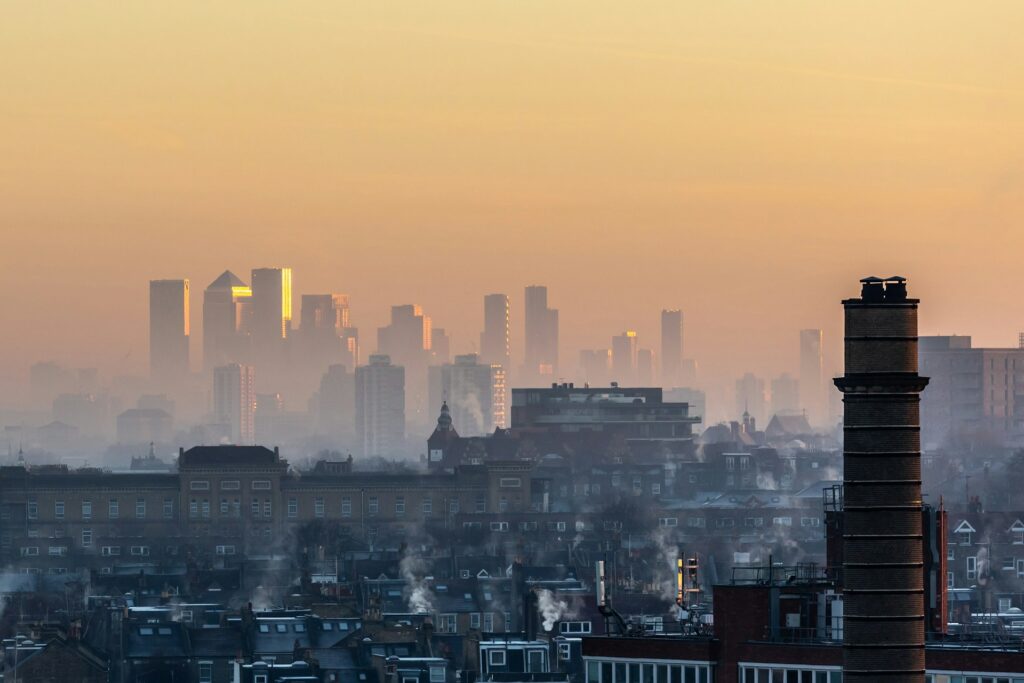
Here’s the pragmatic view. Even if someone is still on the fence, would they really argue in favour of more smog, polluted rivers, and energy that destroys habitats? Clean energy, efficient transport, and green buildings all make life better — with or without the climate angle. It’s not just about carbon. It’s about air, water, and long-term habitability.
“Scientists were right about ozone, acid rain, and leaded petrol.”

We’ve faced big environmental issues before. and solved them. In the ’80s, scientists warned about ozone depletion. Governments acted, banned CFCs, and the ozone layer is healing. Same with acid rain. Same with phasing out leaded petrol. Science identified the problem. Policy caught up. Change worked. Climate change is bigger, but the process—and proof—is the same.
“Doing nothing costs far more than taking action.”
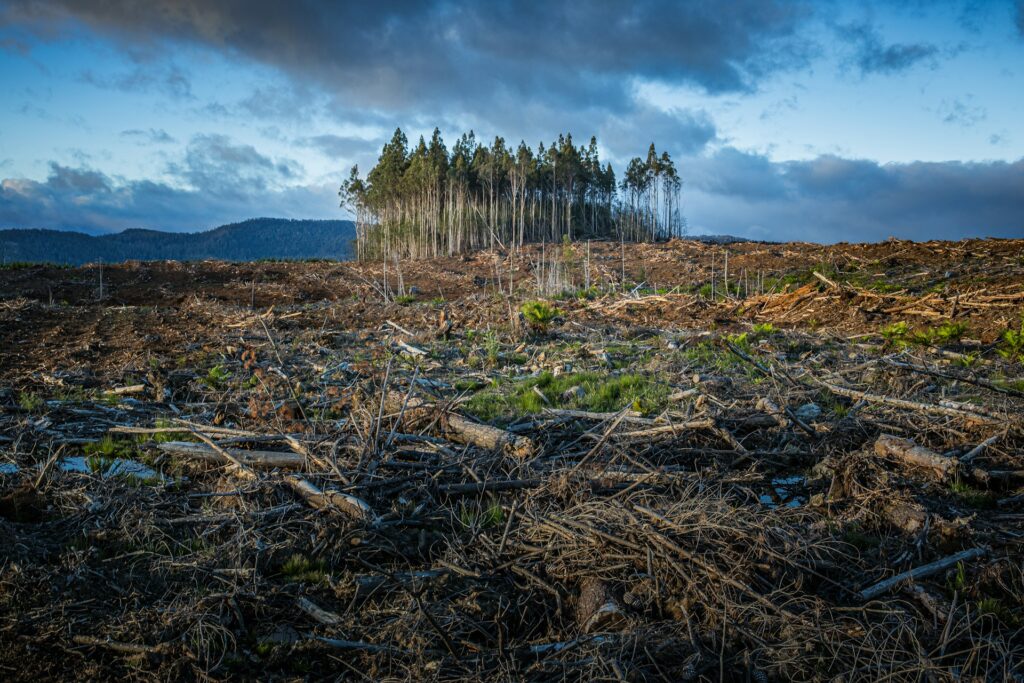
The cost of doing nothing isn’t just abstract—it’s already being felt. Extreme weather damages infrastructure, disrupts supply chains, and drives up emergency costs. The UK alone has spent billions on flood defence upgrades and disaster response in recent years. Every year of delay increases the cost of adaptation. Acting now is cheaper and smarter than scrambling later.
Never give up the fight.

Again, you’re probably not going to change someone’s mind in one conversation. However, that doesn’t mean it’s pointless. Every time we talk about climate change with patience and facts, we eat away at the noise, and help someone else connect the dots. The goal isn’t to lecture. It’s to open a door. Because if we can’t talk about this calmly, clearly, and honestly, we’ve got no chance of fixing it.